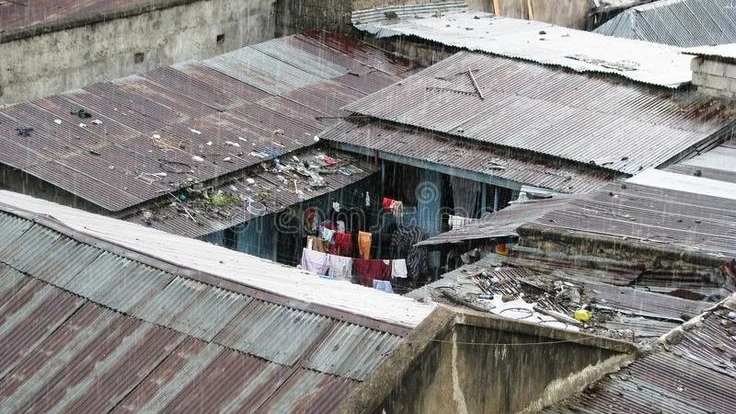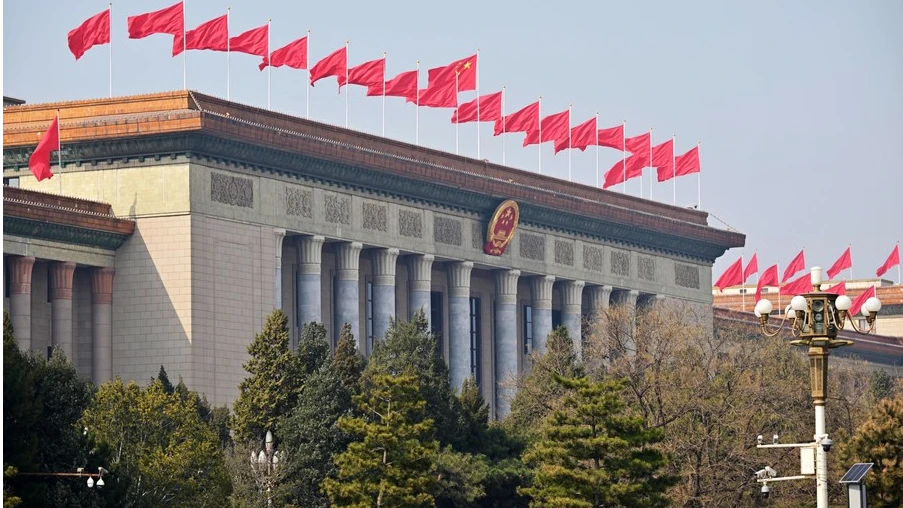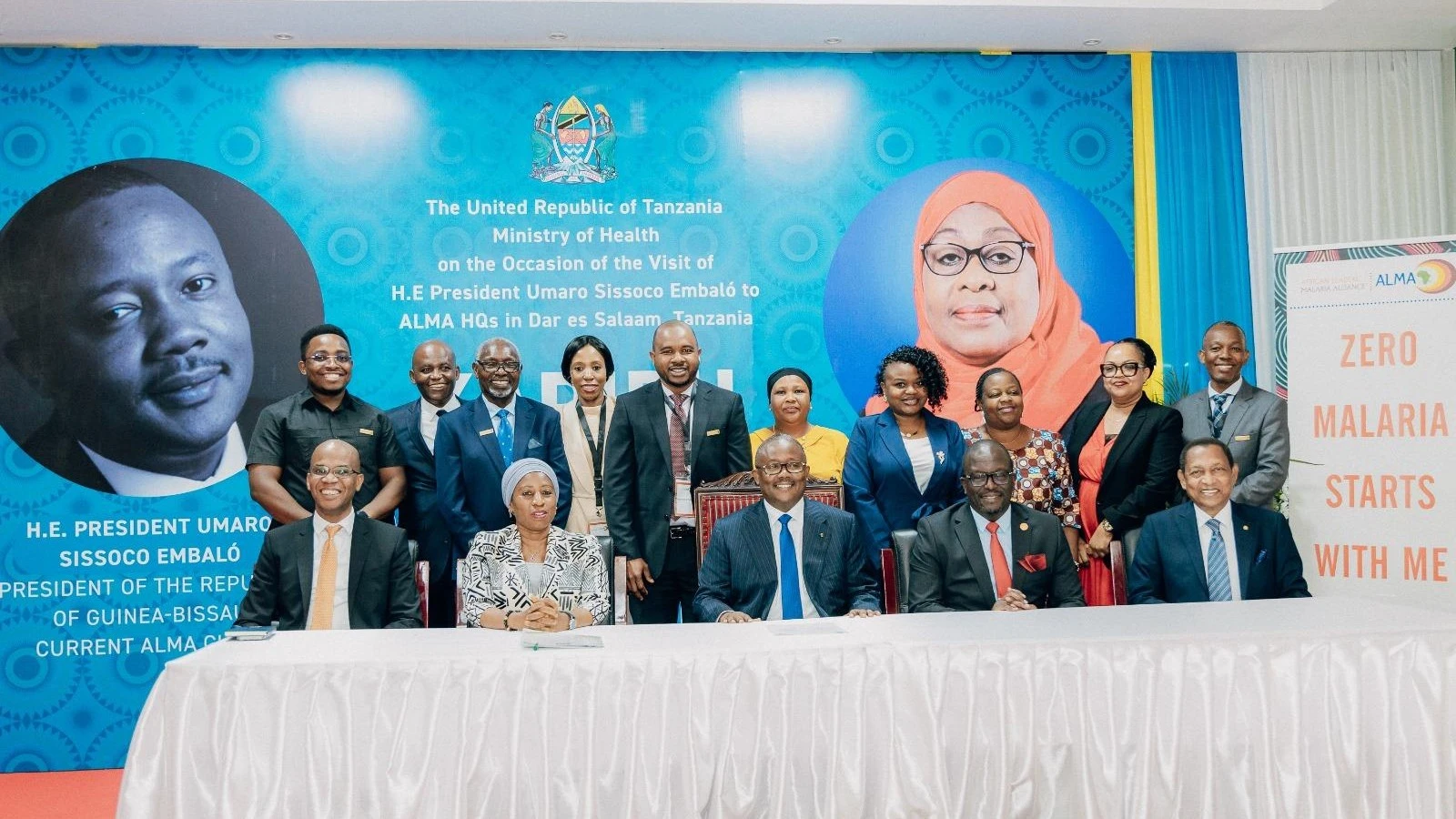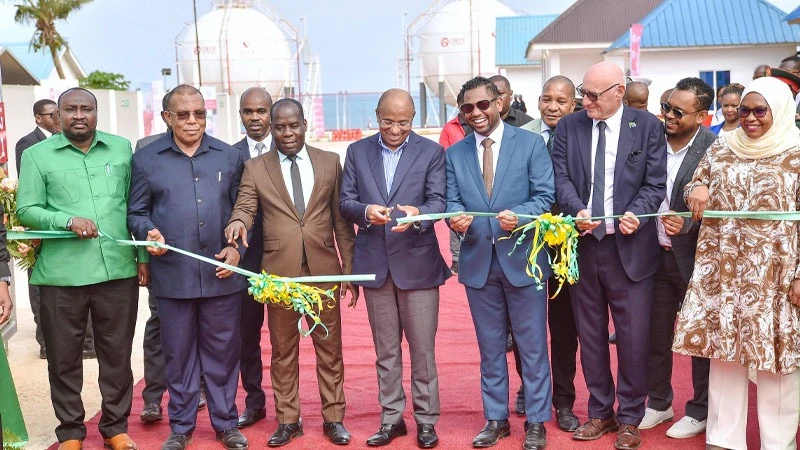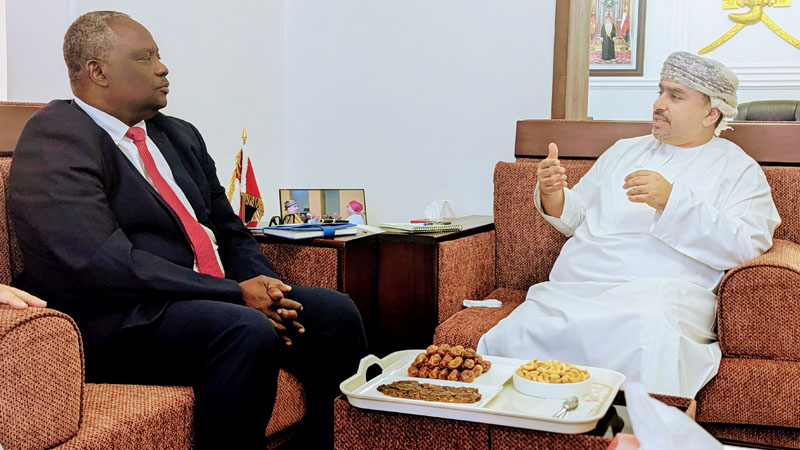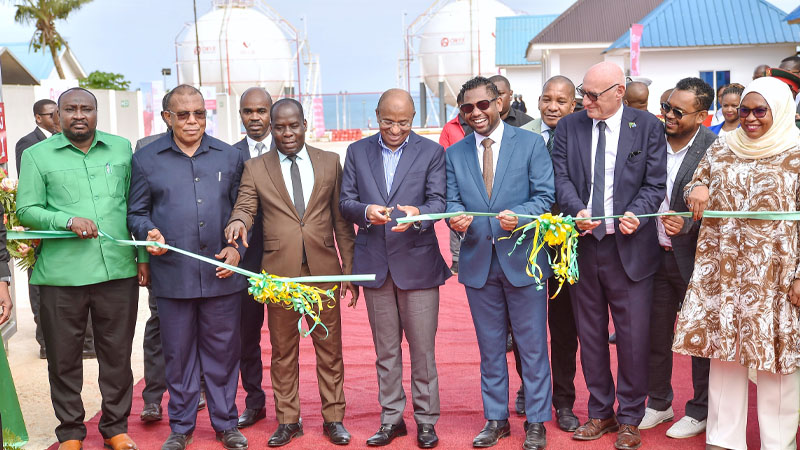Vegetable growers checking on ‘chameleon sensors’ technology
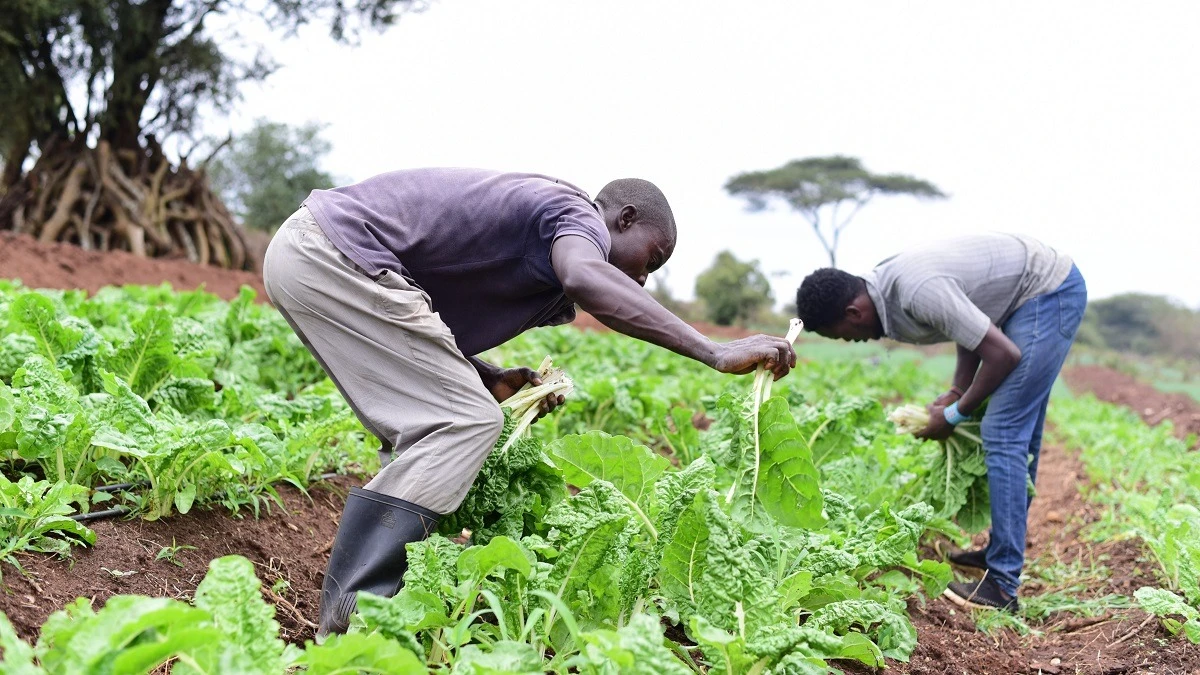
VEGETABLE growers in northern regions are exploring the possibility of adopting the ‘chameleon sensor’ technology from South Africa to ensure effective control of soil moisture in their farms.
Dr Manuel Magombeyi, a scientist with the International Water Management Institute of South Africa, says that just like chameleons, the sensors change colour depending on the environment around them.
“They operate like traffic lights, switching between green, blue and red depending on moisture contents in the soil,” he stated, having introduced the chameleon sensor technology to Sangananu village vegetable growers in Nkoanekoli ward, Meru District.
The technology is applicable in all types of irrigation farming including drip, furrows and channel irrigation methods, he said, elaborating that when the sensor lights flashes blue it means there is adequate moisture in the soil.
Green indicates that it is time for farmers to prepare for the next round of irrigation while red signals that the soil is dry and needs to be watered promptly, he specified.
The World Vegetable Center consultant was introduced to the local farmers by Judith Assenga Paul, a research associate at the center specialising in agronomy and agri-business, who said it is high time growers use new technology so as to remove guess work on water input needs.
“Adopting new tech and responsible farming is among topics that the World Vegetable Center addresses in the ongoing series of special field training for farmers through ‘Fresh,’ implying ‘fruits and vegetables for sustainable diet,” he said.
Arumeru farmers were also exposed to wetting front detectors dubbed ‘Full Stop,’ analysing fertilizer content in the soil, along with an ‘electric conductivity measure’ which tests the salinity of the soil on a patch of land.
The consultant said that there are direct relations between water content and fertilisers applied, requiring that farmers regulate water and fertiliser ratios, thus demanding the use of the sensors.
Dorcus Mbise, the Nkoanekoli ward extension officer, said field training sessions help local growers to adopt responsible farming making use of the new technological applications.
Top Headlines
© 2024 IPPMEDIA.COM. ALL RIGHTS RESERVED







